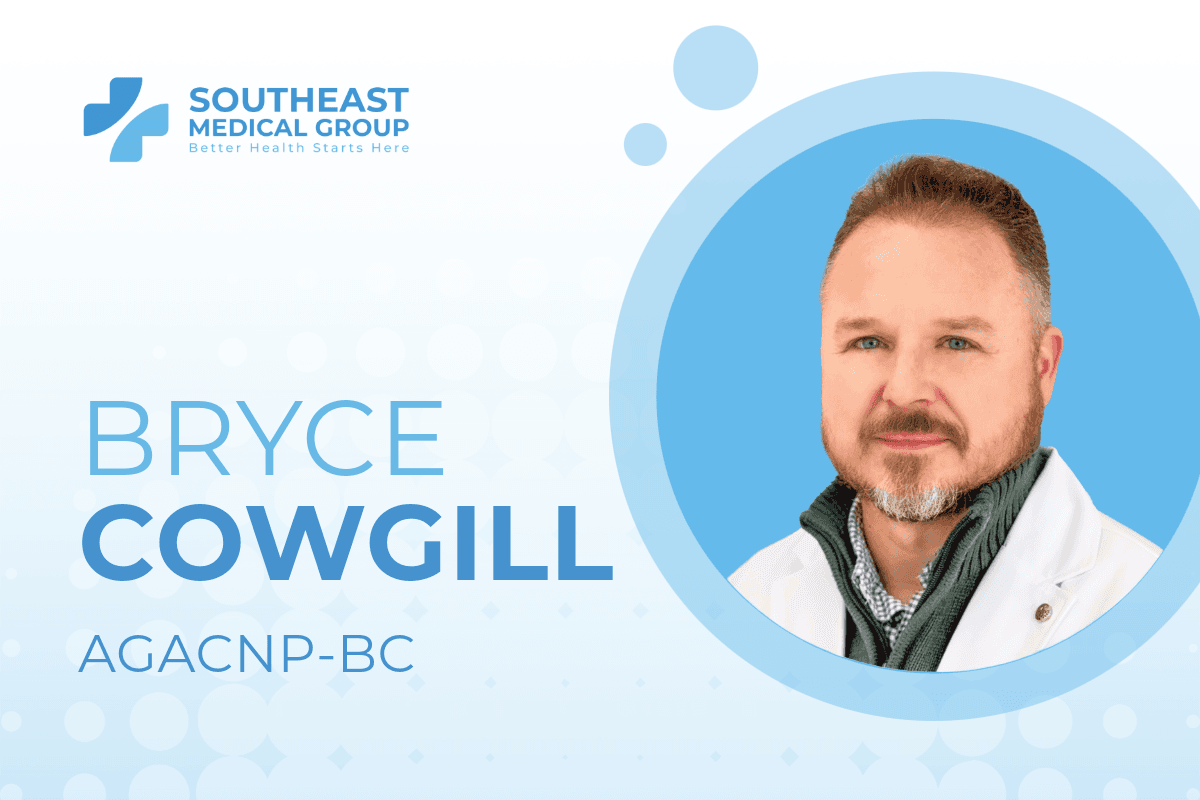As a doctor at Southeast Medical Group, I often get asked the question "Are multivitamins and supplements necessary?"
Well, the answer is not as simple as a yes or no.
While it is true that a balanced diet is the best way to get all the essential vitamins and nutrients your body needs, there are certain situations where taking supplements can be beneficial.
Over 50% of Americans take daily supplements, believing they are ensuring their health with a ‘natural approach’. However, most of these people do not seek medical advice before starting a supplement regimen. In the past, supplements were used to cure diseases such as Rickets, Scurvy and Thyroid disorders. However, today, with the advent of better food supply chains, education and FDA regulations, we have the tools to achieve a healthy diet without having to rely on supplements.
However, there are some situations where taking supplements can be beneficial. For instance, my mother was diagnosed with Age-related Macular Degeneration later in life, and after some research, I discovered that taking a specific supplement, AREDS, could reduce the risk of developing advanced AMD by 25%, as per National Eye Institute studies. This is one example of a situation where taking a supplement can be beneficial.
On the other hand, the NIH and USPSTF have found that after seven years of evidence collection on Vitamin D deficiency, the evidence is inadequate to determine whether screening for deficiency would improve clinical outcomes. In 84 studies looking for evidence to support taking vitamins to prevent cancer or cardiovascular disease, the USPSHTF found insufficient data to support taking or not taking vitamins, except for Vitamin E and Beta-carotene, where they recommend against taking them. Additionally, taking too much of fat-soluble vitamins A and D can have harmful effects.
While I am not against supplements, I do believe that blanket dosing of multivitamins is a waste of money and could even cause harm. It is important to seek the advice of a medically trained clinician with specific knowledge of the risks and rewards of over-the-counter supplements. A diabetic on Metformin, for example, might benefit from B12, but it is important to know how to take it and what form is best for you.
In conclusion, it is important to avoid falling for marketing gimmicks and seek the advice of your primary care provider before starting any supplement regimen. Don't be swayed by testimonials or media doctors, as only a randomized controlled trial can truly determine the efficacy of a supplement. Your doctor knows you best and can advise you on how these products interact with your body.
Thanks for reading and I wish you the absolute best on your health journey!
- Dr. Jeffrey Stone



